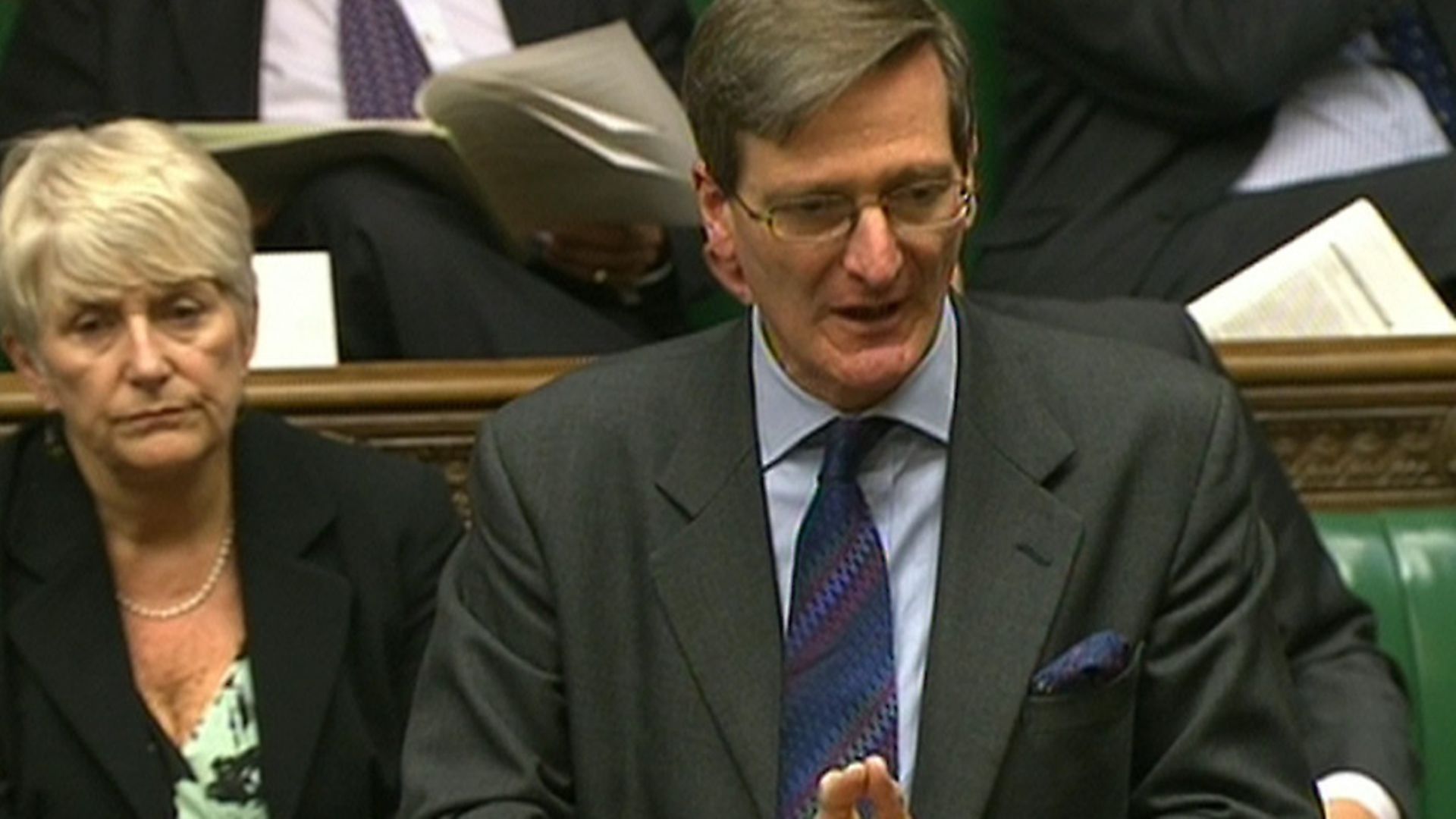
A last-gasp government concession to Tory rebels has avoided an embarrassing defeat in the House of Commons.

Photo: PA – Credit: PA Wire/PA Images
After a debate with barnstorming speeches from Tory Remainers Ken Clarke, Anna Soubry and Phillip Lee the government was forced to accept it could be defeated.
Dominic Grieve tabled an amendment last night which forced the government’s hand over the issue of a meaningful vote. When the government realised it could be defeated solicitor general Robert Buckland confirmed to a packed chamber there was ‘much merit’ in Grieve’s amendment adding ‘the government is willing to engage positively’.
This assurance was enough to convince Tory rebels to vote with the government.
It is believed the deal will see parliament playing a bigger role in Brexit negotiations if there is no deal by November 30 this year. If that does prove to be the case is represents a big climb down for Theresa May.
Earlier Phillip Lee – who quit as a justice minister to oppose the government on Brexit – received a round of applause after he set out his stance.
In his speech Grieve said he wanted to see progress on having a ‘proper structure’ to address a no deal scenario, adding: ‘I don’t think this Bill can finish its course and get royal assent until we have that.’
Grieve welcomed the Buckland’s pledge but warned it must ‘be done in good faith’.
He said: ‘I’m conscious that if we’re to make progress we ought to try and do this by consensus, but he must also understand the difficulty the House is in when it is faced with this kind of choice.
‘I’ve been through this before when in opposition and now that when we’re in Government, because if the House makes the concession of allowing the dialogue to continue and I can see the merit of that happening, it has got to be done in good faith.’
He added: ‘The reality is if we don’t have a mechanism by which this House can properly shape the crisis that will be enfolding us at the end of February if we haven’t got a deal, then we will do it in an ad hoc way which is likely to be infinitely more damaging to the well-being of the citizens of the United Kingdom.’
Buckland responded by telling MPs that Grieve’s comments would form ‘a clear basis for a formal set of discussions that we can start at the earliest opportunity’.
The Grieve amendment states:
1 – Within seven days of the statement MPs would have to vote on a motion approving the government’s approach;
2 – If there is no agreement by November 30, the government would have to give MPs the chance to vote on a motion saying what should happen next;
3 – If there is no agreement by February 15, 2019, the government have to bring the matter to the Commons within five days.
The final vote, as outlined in Grieve third point, would be different as the government would then have to follow any direction given by the Commons. Sources have said the government is happy to implement the first two points and will discuss the last one.
During her speech former Tory minister Anna Soubry hit out at the ‘deeply-divided cabinet’, telling MPs: ‘Never before have we been in a situation where we have a cabinet who is so divided.
‘Where some of its most senior people who hold the greatest offices of state, at every twist and turn, when our Prime Minister moves towards securing a Brexit that will serve everybody in our country, the softest, most sensible Brexit, both publicly and privately they undermine her and scupper her attempts.
‘It simply has to stop and that moment is now.’
Warning: Illegal string offset 'link_id' in /mnt/storage/stage/www/wp-includes/bookmark.php on line 357
Notice: Trying to get property 'link_id' of non-object in /mnt/storage/stage/www/wp-includes/bookmark.php on line 37






